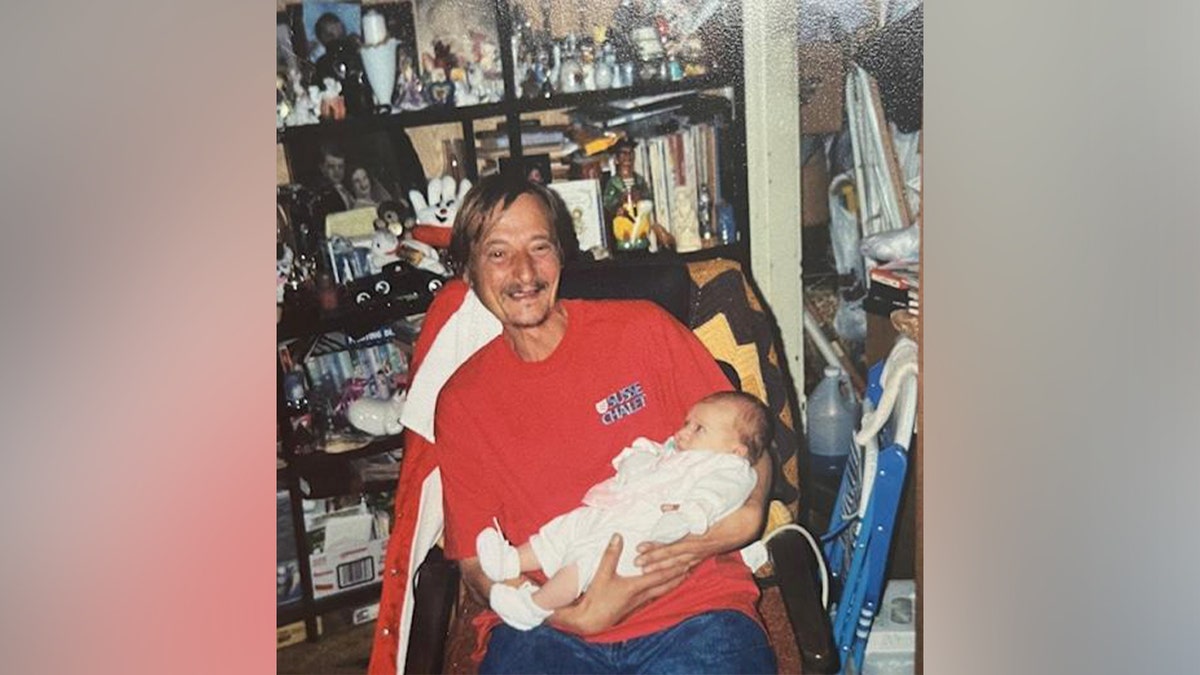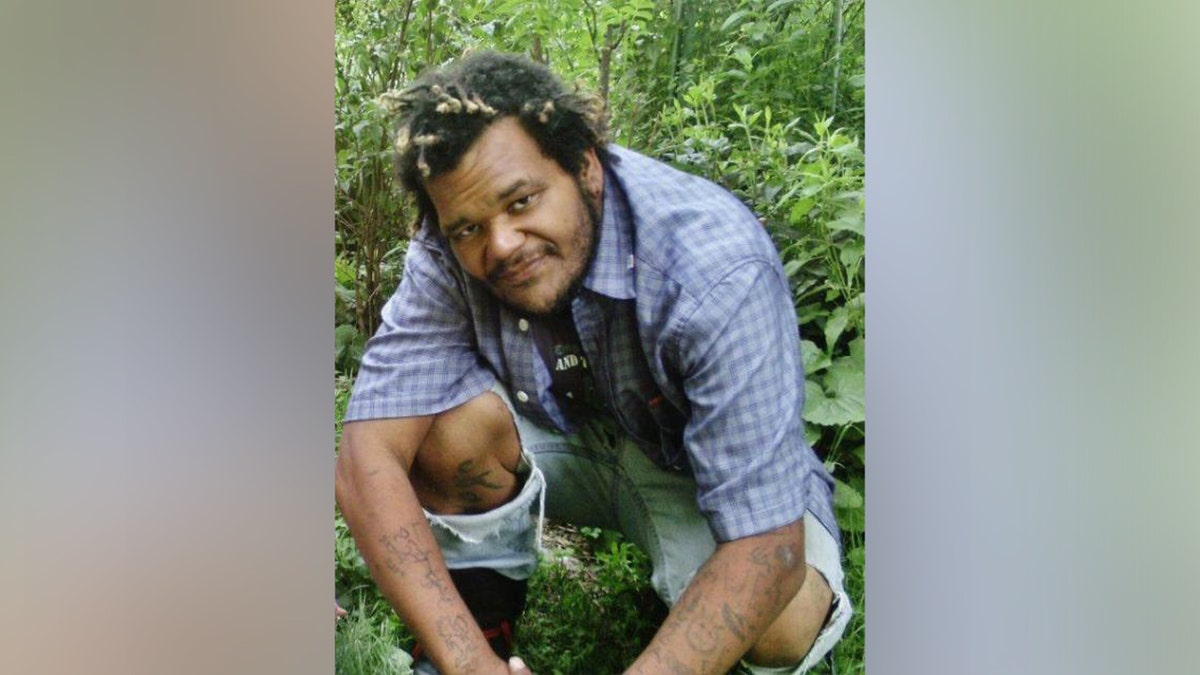Share this @internewscast.com
Authorities have recently identified a suspected serial killer in New England, believed to be connected to several unresolved murders from over a decade ago. This development comes amid ongoing speculation about multiple bodies discovered in the region earlier this year.
Kevin Lino, 38, faced arraignment in August for the alleged murders of two men from Massachusetts in 2010 and 2012, as reported by the Middlesex County District Attorney’s Office.
Middlesex County District Attorney Marian Ryan stated, according to Boston 25 News, “Mr. Lino fits the profile of a serial killer. The Department of Justice categorizes a serial killer as someone responsible for at least two murders in separate incidents. In this instance, we already have convictions for two murders, and now we’re pressing charges for two additional cases.”
The fear of a serial killer has gripped the local communities in New England for months after more than a dozen bodies were found scattered across Rhode Island, Maine, Connecticut, and Massachusetts. However, Lino has not been connected to these recent deaths.

Kevin Lino, aged 38, is accused of murdering two homeless men in 2010 and 2012. He is currently serving time for two other homicides in Massachusetts and Montana, as stated by the Middlesex District Attorney’s Office.
These new charges arise while Lino is already serving a life sentence plus an additional 40 years for the murders of two other homeless men: Norman Varieur in Charlestown in 2012 and Jack Gilbert Berry in 2014, according to reports.
The Middlesex County District Attorney’s Office did not immediately respond to Fox News Digital’s request for comment.
Prosecutors now allege Lino, who was 23 at the time, committed his first murder by beating 54-year-old Gary Melanson to death with an aluminum baseball bat at a Lowell, Massachusetts, homeless encampment in 2010.
Lino is accused of attacking Melanson after he refused to put out a campfire being used to warm himself while the pair were living in the same encampment, according to prosecutors.

Gary Melanson, 54, was allegedly beaten to death with an aluminum baseball bat by Kevin Lino while the pair were living in a homeless encampment in Lowell, Massachusetts, in November 2010, according to the Middlesex District Attorney’s Office. (The Middlesex District Attorney’s Office)
“After the victim allegedly ignored the defendant’s order, the defendant rushed the victim, who was much smaller and older than the defendant, and struck him repeatedly with a metal baseball bat, killing him,” prosecutors said in a statement.
Two years later, in 2012, Lino was living among other homeless individuals near the Harvard Square subway stop when he allegedly implemented a campaign to drive the heroin users of the group out of the area.
His attempts included “assaulting many of them throughout the day,” but when Douglas Leon Clarke, 30, confronted Lino, the now-convicted killer “resolved to punish him for his insolence by poisoning him,” according to prosecutors.

Douglas Leon Clarke, 30, was allegedly killed by Kevin Lino after receiving a fatal dose of heroin at a homeless encampment in Cambridge, Massachusetts, in August 2012, according to the Middlesex District Attorney’s Office. (The Middlesex District Attorney’s Office)
Lino allegedly killed Clarke by offering him enough heroin to cause a fatal overdose, often referred to as a “hot shot,” prosecutors said.
“This defendant is alleged to repeatedly and deliberately victimize some of the most vulnerable members of our communities, unhoused individuals. The actions alleged in these cases were not only violent and cruel, but inhumane,” Ryan said.
Lino is charged with two counts of alleged first-degree murder and is currently in custody in a Massachusetts jail as he awaits trial in the Clarke and Melanson cases. Fox News Digital was unable to immediately locate an attorney representing Lino.
However, authorities believe the convicted killer may have even more victims.
“You know, we continue to investigate that,” Ryan told Boston 25 News. “We never give up on those cases. We don’t forget about them, and we stay open to other information.”

















